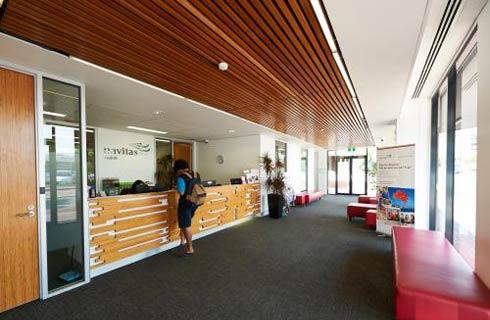课程简介
Trained to be an expert thinker and problem solver, today’s electrical engineer is as much in demand as ever. Our mission is to serve society through excellence in education, research, and public service. We provide for our students an education in electrical engineering, and we aspire to instill in them the attitudes, values, and vision that will prepare them for lifetimes of continued learning and leadership in their chosen careers. Through scholarship the Department strives to generate new knowledge and technology for the benefit of the State of Nevada, the nation and beyond. Aware of the dynamic nature of the discipline, while at the same time cognizant of that body of knowledge which appears to be timeless, the Department of Electrical and Biomedical Engineering is continually in the process of evaluating and updating its curriculum. The Department of Electrical and Biomedical Engineering also cooperates with local industry to offer a number of summer internships for qualified undergraduate electrical engineering students. The curriculum for the Bachelor of Science in Electrical Engineering degree is listed below.<br>Students will be able to:<br>identify, formulate, and solve complex engineering problems by applying principles of engineering, science, and mathematics.<br>apply engineering design to produce solutions that meet specified needs with consideration of public health, safety, and welfare, as well as global, cultural, social, environmental, and economic factors.<br>communicate effectively with a range of audiences.<br>recognize ethical and professional responsibilities in engineering situations and make informed judgments, which must consider the impact of engineering solutions in global, economic, environmental, and societal contexts.<br>function effectively on a team whose members together provide leadership, create a collaborative and inclusive environment, establish goals, plan tasks, and meet objectives.<br>develop and conduct appropriate experimentation, analyze and interpret data, and use engineering judgment to draw conclusions.<br>acquire and apply new knowledge as needed, using appropriate learning strategies.
展开



































